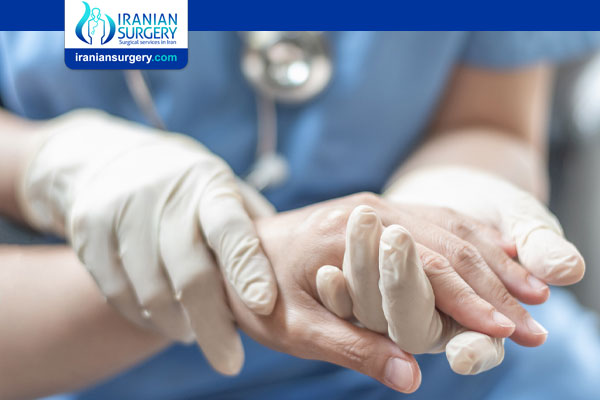Hand Surgery Recovery Time
Hand Surgery Recovery
Handy Tips on What to Expect When Recovering From Hand Surgery
Sometimes you don’t know what you have until you lose it – or in the case of hand surgery, how often you use your hands on a day-to-day basis, and how it impacts your routine when they are temporarily out of commission. To help patients prepare for this major disruption to daily life, we’ve compiled a list of suggestions and what to expect.
Conditions That Can be treated with Hand Surgery
There are many reasons why a primary care doctor may recommend a patient for hand surgery. Notably, surgery is usually an option after non-surgical options were prescribed and did not fully treat the underlying condition.
Read more about : Hand and Wrist Surgery
Conditions that can potentially be treated by hand surgery include but are not limited to:
. Repetitive stress injury
. Traumatic injury
. Arthritis, including osteoarthritis or rheumatoid arthritis
. Nerve or tendon damage
. Congenital deformities
. Removal of ganglion cysts
How Long Does it Take to Recover from Hand Surgery?
A hand surgery patient should expect a recovery period of several weeks or months, depending on the complexity of the surgery and their body’s capacity to heal. During recovery, patients should refrain from using their hands in any manner not approved by their surgeon. Doing so can prolong recovery or possibly cause injury (or in the case of surgery correcting trauma, re-injury) to the affected area. In some cases, a patient’s hand is intentionally braced or placed in a splint to keep it immobilized. Any brace or splint should not be considered a substitute to resting the affected area and allowing full recovery. Once the surgical site heals, the patient should expect improved range of motion and in the case of correcting trauma or chronic pain, increased comfort and quality of life.
Read more about : Cycling after knee arthroscopy
Read more about : Success Rate of Limb Lengthening Surgery
Tips for Recovering from Hand Surgery at Home
Following surgery, your hand may be partially or fully immobilized in a splint. In some cases, you may be prescribed a follow-up physical therapy or occupational therapy program to regain full motor function. It is important to focus solely on recovery in this period, and healing is best done with rest. This means doing a little preparation around the house to keep use of one’s hands to a minimum. Preparatory action includes the following:
. Label items that are “safe” or “not safe” to pick up. We normally use our hands without a second thought, and something we think of as lightweight prior to surgery may just be heavy enough to cause pain or complicate recovery. Labeling your items will provide visual reminder to be careful and think about how you use your hands after surgery.
. Rearrange furniture. Post-surgery may not be the time to only consider aesthetic qualities of furniture or decor. Before their surgery date, a patient should rearrange furniture for functionality and convenience. For example, place frequently used items in easier to reach places and ensure chairs have arm rests.
. Minimize household chores. Normal household chores are very hands on, and cooking, washing dishes, vacuuming, and similar activities are no exception. Before surgery, try to prepare as many meals as possible to minimize chores such as cooking.
. Ask for help. A helping hand can go a long way. While hired help may be out of the question for many, assistance from a friend or family member immediately after surgery can help patients start their recovery and rest.
. Use plastic bags to keep hands dry. Whether a patient’s hand is in a brace, cast, or just has stitches, plastic freezer or bread bags are an excellent way to avoid agitating the surgical area with hot water, soap, or other irritants. It’s also vital to ensure the area does not get wet until instructed otherwise.
. Follow instructions. Surgeons prescribe care regimes with purpose. If a patient is instructed not to get their brace or stitches wet, it’s imperative to do so. If they have been prescribed physical therapy or occupational therapy, it’s highly recommended to complete the program as instructed. Following instructions will only aid a patient’s recovery time, not hamper it.
Read more about: How to sleep after knee arthroscopy?
Conclusion
Hand surgery is rarely a first option for treatment, but can be prescribed by a physician or specialist should non-surgical options fail. If you feel you may benefit from hand surgery and would like to know more, contact your doctor today to discuss your local care options.
Source:
. https://ashospital.net/handy-tips-on-what-to-expect-when-recovering-from-hand-surgery/


